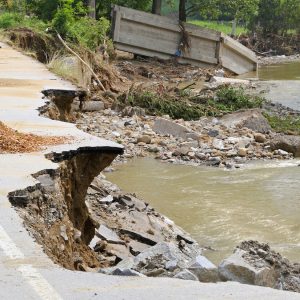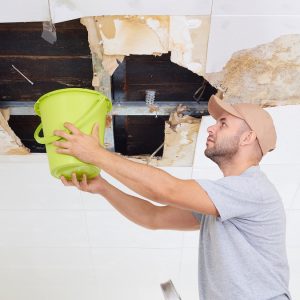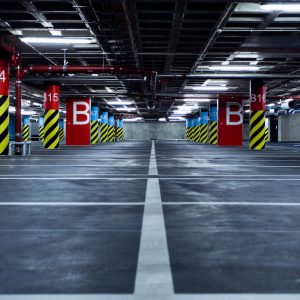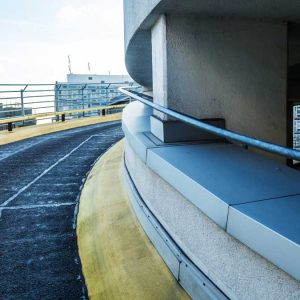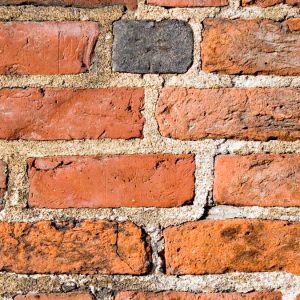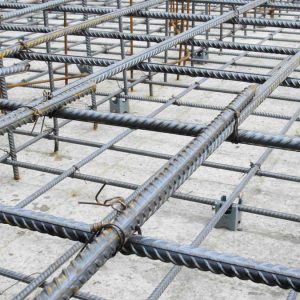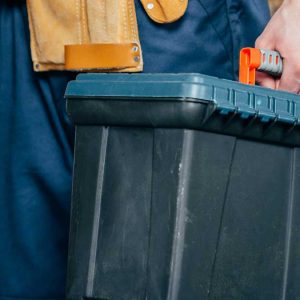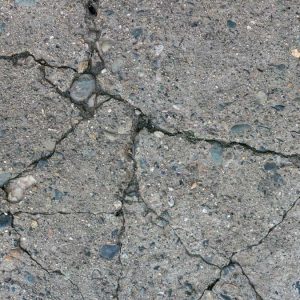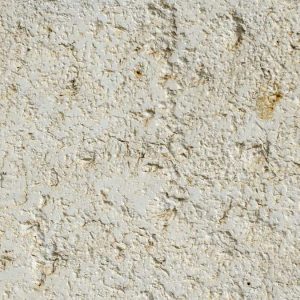Is concrete waterproof?
Concrete is incredibly durable and versatile, but it’s not bulletproof. Concrete can crack and stain over time if it is not sealed properly, especially when it is exposed to heavy amounts of water. Thankfully, there are ways to prevent these issues and protect the structural integrity of concrete. Let’s take a closer look at concrete waterproofing and the importance of specialty coatings.
Read MoreHow can you slow down water infiltration?
Water seems harmless at first glance, but it can lead to costly damage when left untamed. A small amount of water can erode a surface, letting in more water that leads to even more erosion. The key is to slow water infiltration or ideally, stop it completely.
Read MoreWhy should I clean my parking garage?
The parking garage may be the first experience someone has with your business. It is an extension of your brand, and it should be cared for accordingly. With routine parking garage cleaning, you can ensure that every visitor has a positive experience from the moment they set foot on your property.
Read MoreHow often do expansion joints need joint sealing?
Joint sealing is an essential step in maintaining concrete structures, such as parking garages, concrete buildings, and sidewalks. Expansion joints between sections of concrete strategically control where cracks occur in the concrete. These joints need to be sealed to work effectively. Read on to learn the benefits of joint sealing and how often you should seal joints for concrete maintenance.
Read MoreHow to fix mortar damage with tuckpointing
Tuckpointing is an effective way to repair brick walls and extend the life of your masonry. Mortar is the glue that holds bricks together, but it is subject to deterioration over time. Tuckpointing replaces damaged mortar to fortify brick walls and preserve the structural integrity of a building. Let’s take a closer look at the purpose of tuckpointing and signs you may need mortar repair.
Read MoreDoes concrete need to be reinforced?
Concrete is a robust and versatile material used in nearly every area of construction. It consists of water, cement, and aggregate materials that harden to form a rock-solid structure. Concrete is durable on its own, but it becomes even stronger with steel reinforcement. That is why reinforced concrete has become an industry staple.
Read MorePros and cons of sandblasting for exterior cleaning
Sandblasting has become a popular way to clean and smooth surfaces in a variety of industries. Also known as abrasive blasting, this process uses tiny particles to blast away rough spots on metal, concrete, wood, and other materials. Sandblasting can be safe for exterior cleaning, but it is not ideal for every building. Read on to find out if sandblasting is right for you.
Read MoreA masonry restoration toolbox
You need to stay on top of masonry restoration if you want to keep your walls standing over the long term. Masonry restoration is any number of procedures that are performed on a building or wall that’s already standing. This keeps them in good shape so they stay impervious to moisture and the elements.
Read MoreHow do you resurface concrete?
Humanity has been using concrete for construction since the time of the Romans. We built everything from homes to skyscrapers with it. But though concrete is durable, it’s not impervious.
Read MoreLimestone care and maintenance
Limestone is one of the more common natural stones used in building. Many buildings, decks, patios, walkways, and more use limestone. It’s durable but can be porous, depending on where and how it’s installed. Stains and damage can happen to limestone more easily than they can to other tougher stones.
Read More
